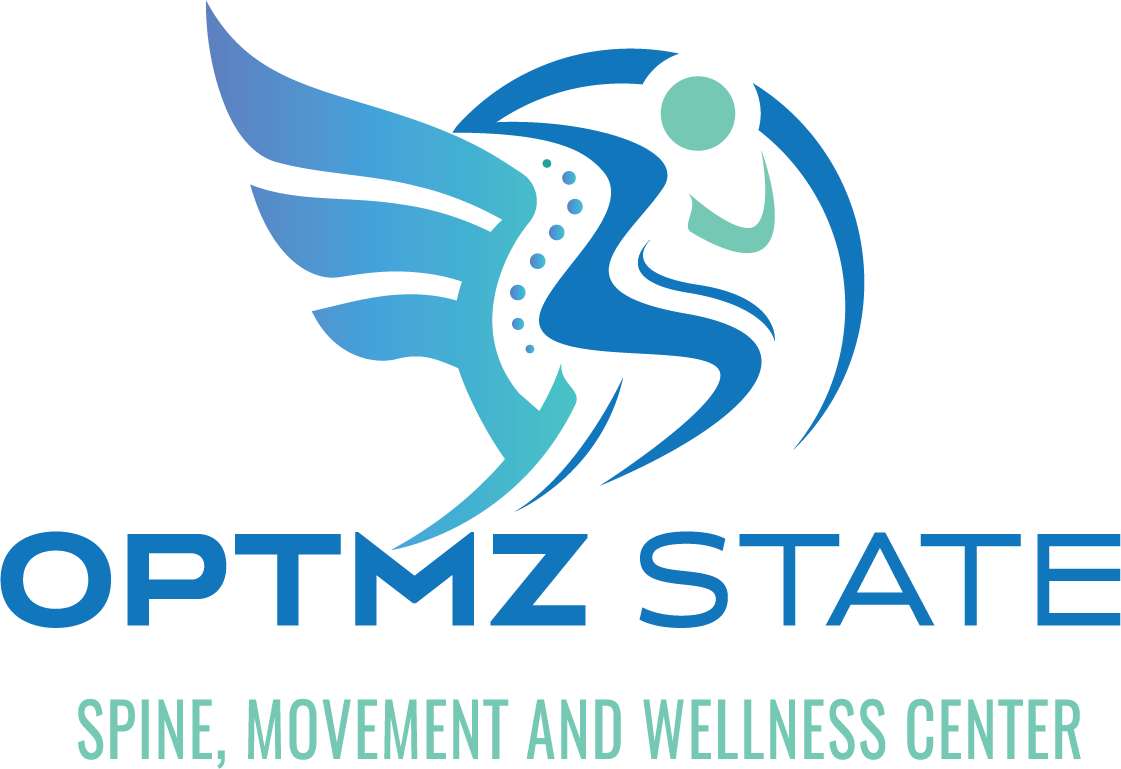If you're among the many who suffer from tension headaches, you might be relieved to know that research shows about 90% of patients find effective relief. Various treatment options, from over-the-counter medications to lifestyle changes, can play an essential role in managing your symptoms. But what if you could enhance your well-being even further with alternative therapies? Exploring different strategies might lead you to a more thorough solution than you expect, leaving you wondering what might work best for you.
Understanding Tension Headaches
When you're feeling the weight of a tension headache, it's important to understand what's happening in your body. Tension headaches are often triggered by stress, anxiety, or muscle strain, and they can manifest as a dull, persistent ache that wraps around your head. You might notice tightness in your neck and shoulders, which are common culprits contributing to the discomfort.
Your muscles can become tense due to prolonged periods of poor posture, overexertion, or even emotional stress. This muscle tension can lead to increased sensitivity in the nerves, resulting in that characteristic throbbing pain. You may also experience a feeling of pressure, like a tight band around your forehead.
As you try to pinpoint the cause, pay attention to your daily habits. Are you sitting at a desk for long hours? Have you been juggling multiple responsibilities? These factors can create a perfect storm for tension headaches.
In addition to muscle strain, dehydration and inadequate sleep can exacerbate the situation. If you haven't been drinking enough water or your sleep schedule is off, your body might be signaling that it's time to make some adjustments.
Recognizing the signs of a tension headache and identifying your triggers can empower you to manage your symptoms effectively. By understanding what's happening in your body, you can take steps toward finding relief and preventing future occurrences.
Common Treatment Options
How can you find relief from tension headaches? Fortunately, several effective treatment options are available to help you manage and alleviate your symptoms.
Over-the-counter pain relievers like ibuprofen or acetaminophen can be your first line of defense. These medications work by reducing inflammation and blocking pain signals, providing quick relief.
If you find that over-the-counter options aren't effective, your doctor may prescribe stronger medications. Triptans, typically used for migraines, can sometimes help with severe tension headaches. It's crucial to consult with your healthcare provider to determine the best approach for your specific situation.
In addition to medication, consider alternative therapies. Acupuncture has gained popularity for its ability to relieve tension headaches. Many people report significant improvements after a few sessions.
Massage therapy can also be beneficial, as it helps relax tight muscles and reduce stress.
Another option is cognitive-behavioral therapy (CBT), which can teach you coping strategies to manage stress and reduce the frequency of headaches. Relaxation techniques, like deep breathing exercises or guided imagery, can also be helpful in reducing tension.
Don't underestimate the power of heat or cold therapy. Applying a warm compress to your neck or forehead can soothe muscle tension, while an ice pack can numb pain and reduce inflammation.
Lifestyle Changes for Relief
Making simple lifestyle changes can markedly reduce the frequency and intensity of tension headaches. Start by evaluating your daily routine and identifying stressors that contribute to your headaches. Incorporating regular breaks during work or study can help ease tension.
Try the 20-20-20 rule: every 20 minutes, take a 20-second break and look at something 20 feet away. This practice can alleviate eye strain and reduce headache triggers.
Hydration is essential, so make sure you're drinking enough water throughout the day. Dehydration can often lead to headaches, so keep a water bottle handy as a reminder.
Additionally, pay attention to your diet. Eating regular, balanced meals with plenty of fruits, vegetables, and whole grains can help stabilize your blood sugar levels, preventing headaches caused by hunger.
Establishing a consistent sleep routine is another important change. Aim for 7-9 hours of sleep each night, and try to go to bed and wake up at the same time every day. Quality sleep can greatly influence headache frequency.
Incorporating physical activity into your routine can also be beneficial. Aim for at least 30 minutes of moderate exercise most days of the week. Activities like walking, yoga, or swimming can reduce stress and promote relaxation.
Lastly, consider practicing relaxation techniques such as deep breathing, meditation, or progressive muscle relaxation. These methods can help you manage stress levels and potentially decrease the occurrence of tension headaches.
With these lifestyle changes, you can find considerable relief.
Alternative Therapies Explored
Exploring alternative therapies can offer fresh hope for those struggling with tension headaches. You might find that these methods not only alleviate your pain but also enhance your overall well-being.
Acupuncture is one popular option; this ancient practice involves inserting thin needles into specific points on your body. Many people report significant relief from tension headaches after just a few sessions.
Another effective alternative therapy is massage. Therapeutic massage can help release muscle tension and improve circulation, which might reduce the frequency and intensity of your headaches.
You could also consider practicing yoga or tai chi, as these mind-body exercises promote relaxation and stress relief, both of which are vital for headache management.
Herbal remedies, such as butterbur and feverfew, have shown promise in reducing headache frequency. However, it's important to consult with a healthcare professional before trying any herbal supplements to verify they're safe for you.
Mindfulness and meditation can also be beneficial. By incorporating these practices into your daily routine, you can learn to manage stress more effectively, which is often a trigger for tension headaches.
Lastly, cognitive-behavioral therapy (CBT) can help you develop coping strategies and change negative thought patterns related to pain. This approach can empower you to take control of your condition, leading to improved outcomes.
With so many alternatives available, you can tailor your approach to find what works best for you.
Personal Success Stories
Many people have found relief from tension headaches through personal experiences that highlight the effectiveness of alternative therapies. You might be surprised at how simple changes in your routine can lead to significant improvements.
For instance, contemplate Sarah, who discovered that daily yoga not only eased her tension headaches but also improved her overall well-being. By incorporating just 20 minutes of stretching and deep breathing into her day, she noticed a remarkable decrease in headache frequency.
Then there's Mike, who swears by acupuncture. After just a few sessions, he felt a noticeable reduction in his tension headache episodes. The targeted treatment helped release built-up tension, allowing him to reclaim his life.
Additionally, Emma found solace in aromatherapy. Using lavender and peppermint oils, she created a calming atmosphere that eased her headaches. The soothing scents became her go-to remedy, providing relief during stressful days.
You might find it helpful to contemplate these strategies shared by others who've experienced success:
- Daily mindfulness practices to reduce stress.
- Regular physical activity to promote endorphin release.
- Hydration and nutrition to prevent headache triggers.
- Consistent sleep schedules to improve rest and recovery.
Conclusion
To sum up, if you're struggling with tension headaches, remember that you're not alone—90% of patients find relief. By combining over-the-counter pain relievers, regular breaks, and lifestyle changes like hydration and sleep routines, you can effectively manage your headaches. Don't hesitate to explore alternative therapies like acupuncture or yoga, too. By taking a multifaceted approach, you can enhance your well-being and reclaim your days from the discomfort of tension headaches.



